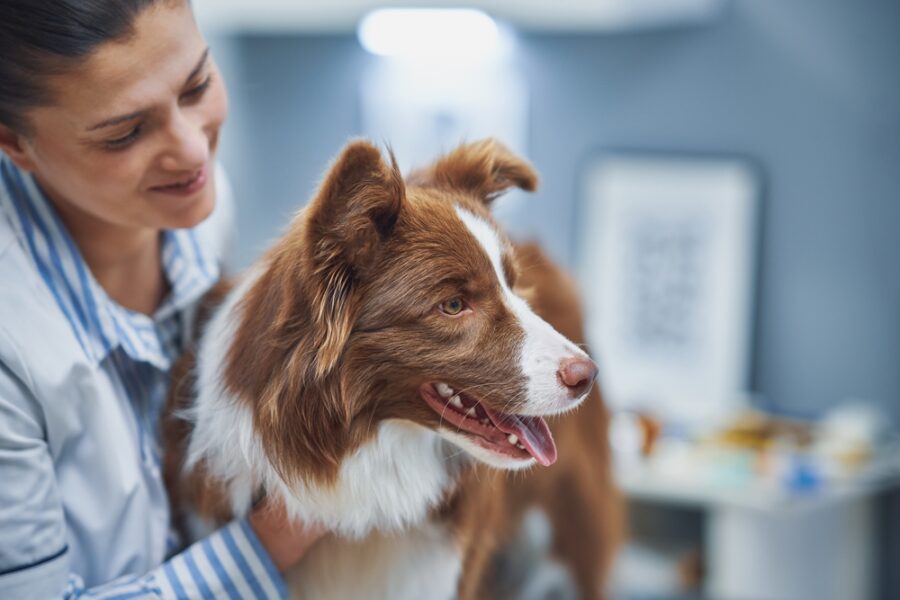Kitten kindergarten is a way to put an end to undesirable traits like unsociability or aggression and ensure a happy, well-adjusted kitten.
We’ve all heard about training classes and obedience schools for puppies. But what about kitten kindergarten? Contrary to popular belief, it’s every bit as important for kittens to be properly socialized and trained as it is for pups.
Kitten kindergarten is a concept created less than ten years ago by Dr. Kersti Seksel, an Australian veterinary behaviorist. The idea soon spread and caught on, and now numerous Humane Societies, SPCAs, veterinary clinics and animal behaviorists across North America offer variations of this training, socialization and education program for kittens and their adopters.
What you and your kitten will learn
Kitten kindergarten is for kittens aged eight to 15 weeks, when they are most impressionable and open to teaching, training and bonding. Before starting classes, your kitten must be veterinarian checked, have a health certificate, and have received his first set of kitten vaccines.
Kitten kindergarten allows young cats to interact and play with people and other kittens in a social setting. Assorted toys and scratching posts are part of the class setting, and there may also be games to help teach kittens correct social and play behavior. This is important, especially for kittens who were removed from their mother and litter-mates too soon, and never had the opportunity to learn the oh-so-important lesson of bite inhibition.
Kitten kindergarten helps teach other positive behaviors and thereby eliminate potential problems later on. You can learn to shape behavior with clicker training, an excellent and easy way to train a cat.
Since the classes generally take place over a period of weeks, they help acclimatize kittens to carriers and car travel.
Facility staff or other experts are on hand to answer your questions about kitten care, including diet, grooming, training, play and behavior.
Classes held at a veterinary office are a great way to help get kittens accustomed to the clinic environment, exam table and equipment, and being handled by strangers, so these things aren’t so stressful to them when they grow up.
Like any other “school” experience, you’ll need supplies. In this case, a cat harness and leash, a brush, and a carrier for safely transporting your kitten to classes. Before the kindergarten starts, you may receive a preliminary handout on how to acclimatize your kitteny to his carrier.
The facility hosting the kitten kindergarten will provide litter boxes and scoops so kittens who feel the need can relieve themselves. (Kittens should not be fed within four hours of class.)
Brushes won’t be shared so be sure to remember to bring your kitten’s own brush to class. Grooming is another kitten essential. It not only serves a practical purpose but is also a wonderful opportunity for bonding with your kitty.
Family members are encouraged to attend but if there are children under seven, they must be supervised by a second adult so the first adult is free to work with the kitten.
If there is no kitten kindergarten in your area, ask your veterinarian or a local shelter if they’d be interested in starting one up. Not only is it fun for both kittens and people, it’s a wonderful way to get your new friend trained and socialized, and on the way to a happy and balanced life.
Classes in session!
Lots of facilities offer kitten kindergarten classes. Here’s just a sampling:
Atlanta Humane Society, atlantahumane.org/education-center/kitten-kindergarten
Dr. Sophia Yin, DVM, MS, drsophiayin.com/classes/kittykindergarten
Maryland SPCA, mdspca.org/programs/behavior/kitten-kindergarten
Steve Dale’s Kitty-K, stevedalepetworld.com/kitty-k








